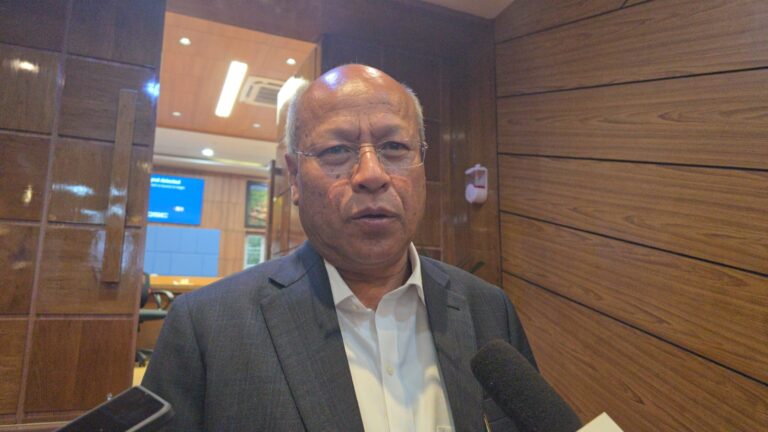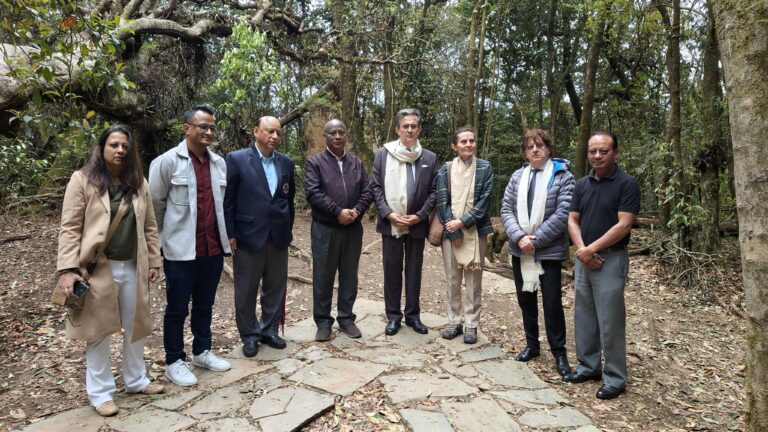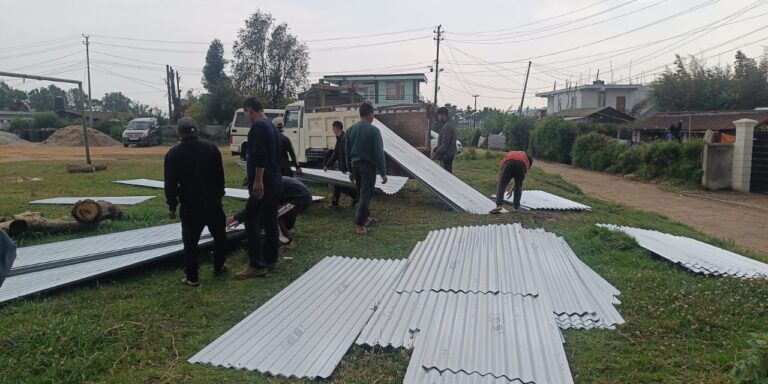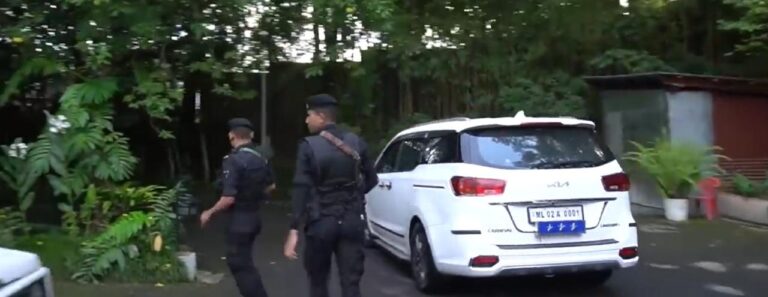
SHILLONG, MAY 3: The Meghalaya high court on Tuesday said that KHADC, which is one of the three autonomous district councils in the state, cannot set-up check post over the minerals carrying vehicles.
In its order issued on Tuesday, the high court said, “Viewed from any angle, it is apparent that any attempt on the part of the KHADC to recover fees from the vehicles carrying minerals and to subject them to any checking or verification is neither authorized by law nor is in conformity with the rights of citizen guaranteed by the Constitution of India.”
The order came after a petition was filed by one Sdangyoo L Dkhar, who claimed to be appointed as an ‘agent’ by the KHADC for setting up and operating the “KHADC’s Mineral Transport Challan Check Point/Royalty Check”, which was dismissed during the hearing.
Dkhar had filed the writ petition on the grievance that the officers of the Government of Meghalaya were illegally interfering with the Check Points managed by him.
“The only question in the present case is as to whether the KHADC could appoint an agent to setup a parallel check post over the minerals carrying vehicles and charge verification fees from the vehicles. The answer, in the opinion of the court, is clearly in the negative,” the court said in its order.
It also stated, “The court is satisfied that the petitioner has failed to make out a case of infringement of legally enforceable right. Hence, this writ petition fails and is dismissed.”
So far as the suggestion about leakage of royalties and want of appropriate steps by the State is concerned, the court said, “Suffice it to say that in case of infringement of any of its legal rights in the share of royalties, the KHADC could take recourse to appropriate proceeding as permissible by law.”
The order further stated even on the principles of the referred decisions, it is clear that when any executive power is sought to be exercised by the District Council like the KHADC, it has to act within the parameters of the principles forming the basic structure of the Constitution including the Fundamental Rights in Part-III of the Constitution.
It is also a matter of little debate that the freedom of trade and business remains one of the basic rights to freedom and any curtailment thereupon has to be backed by law, the court said.-By Our Reporter



















+ There are no comments
Add yours